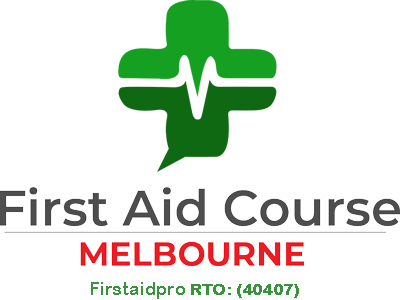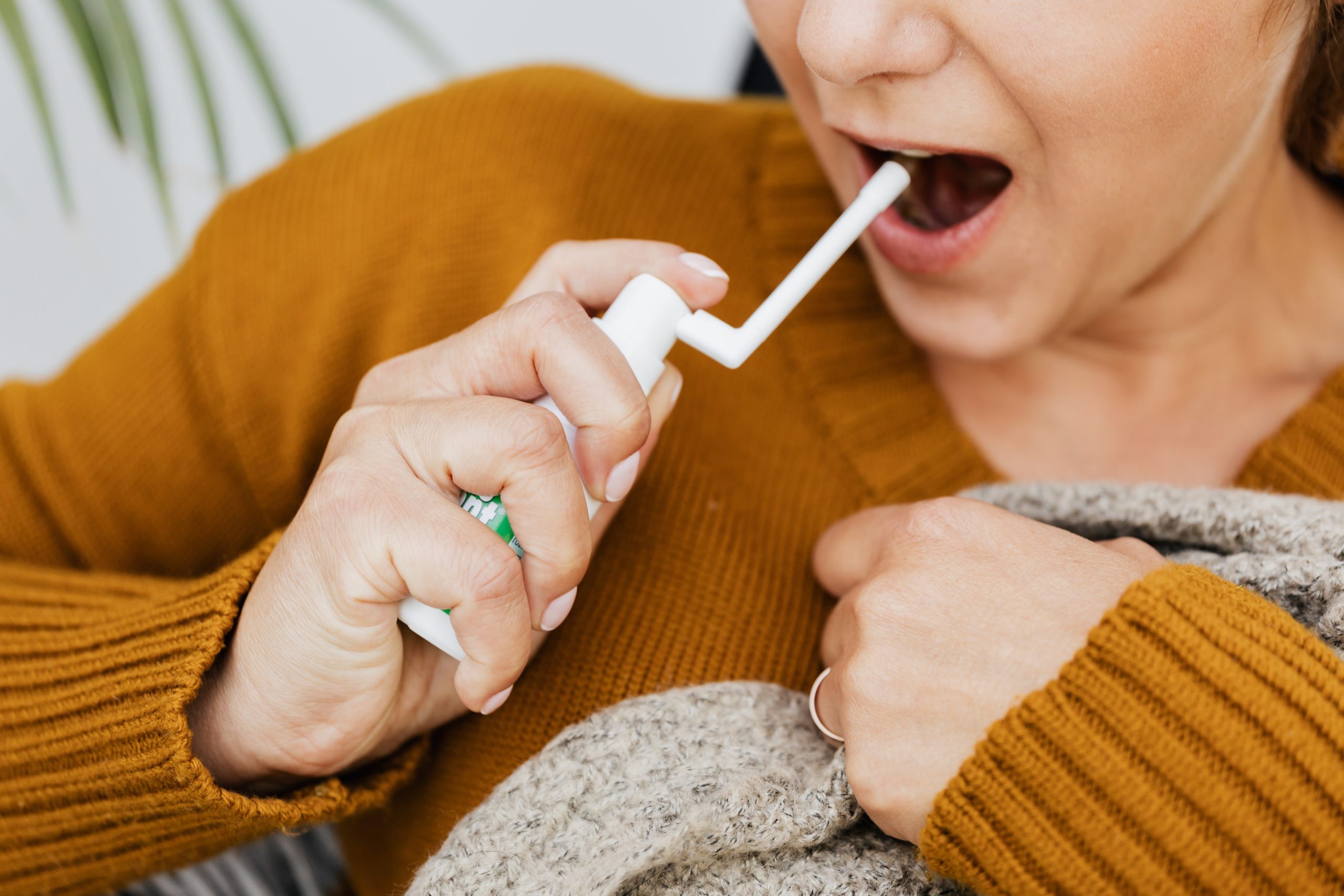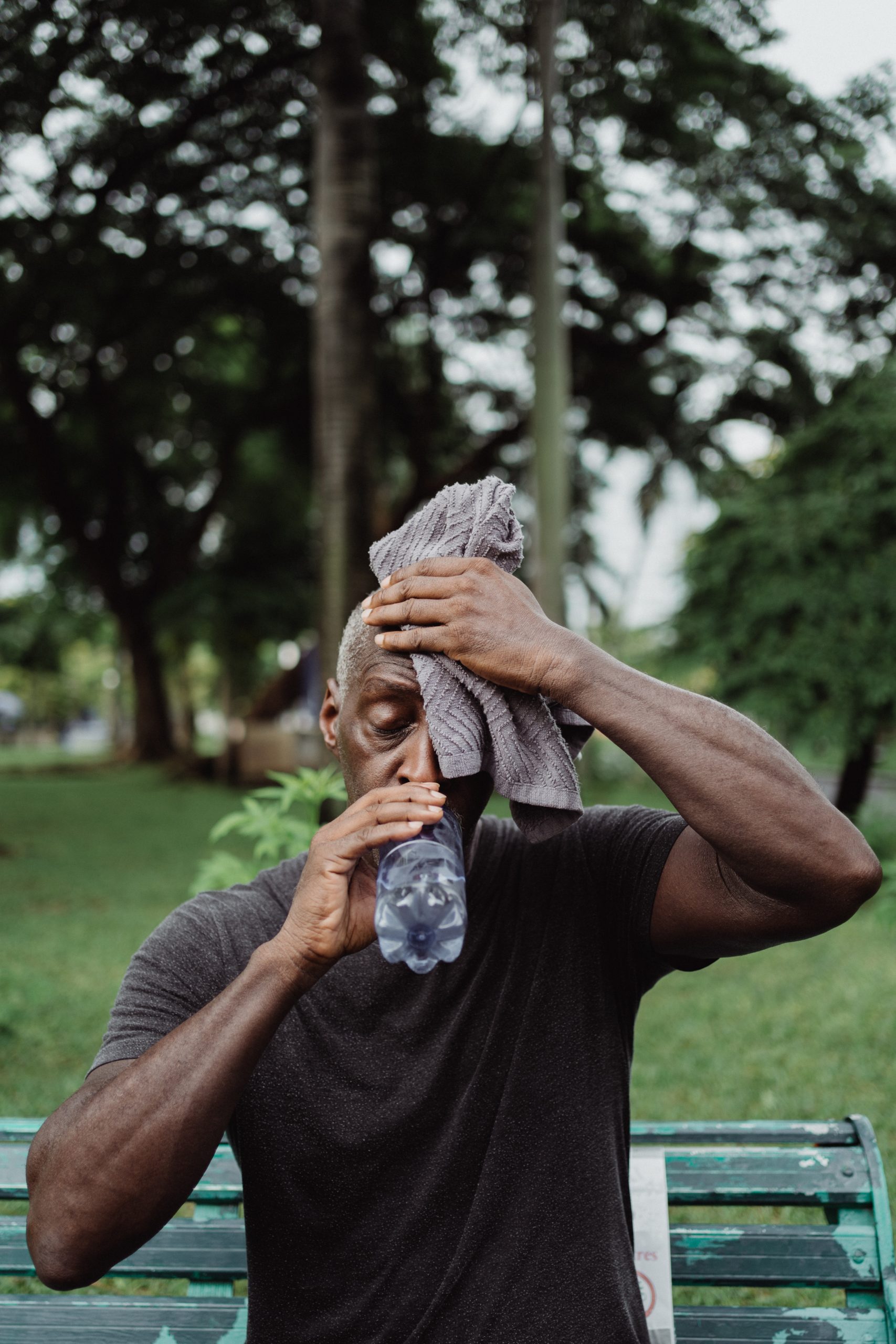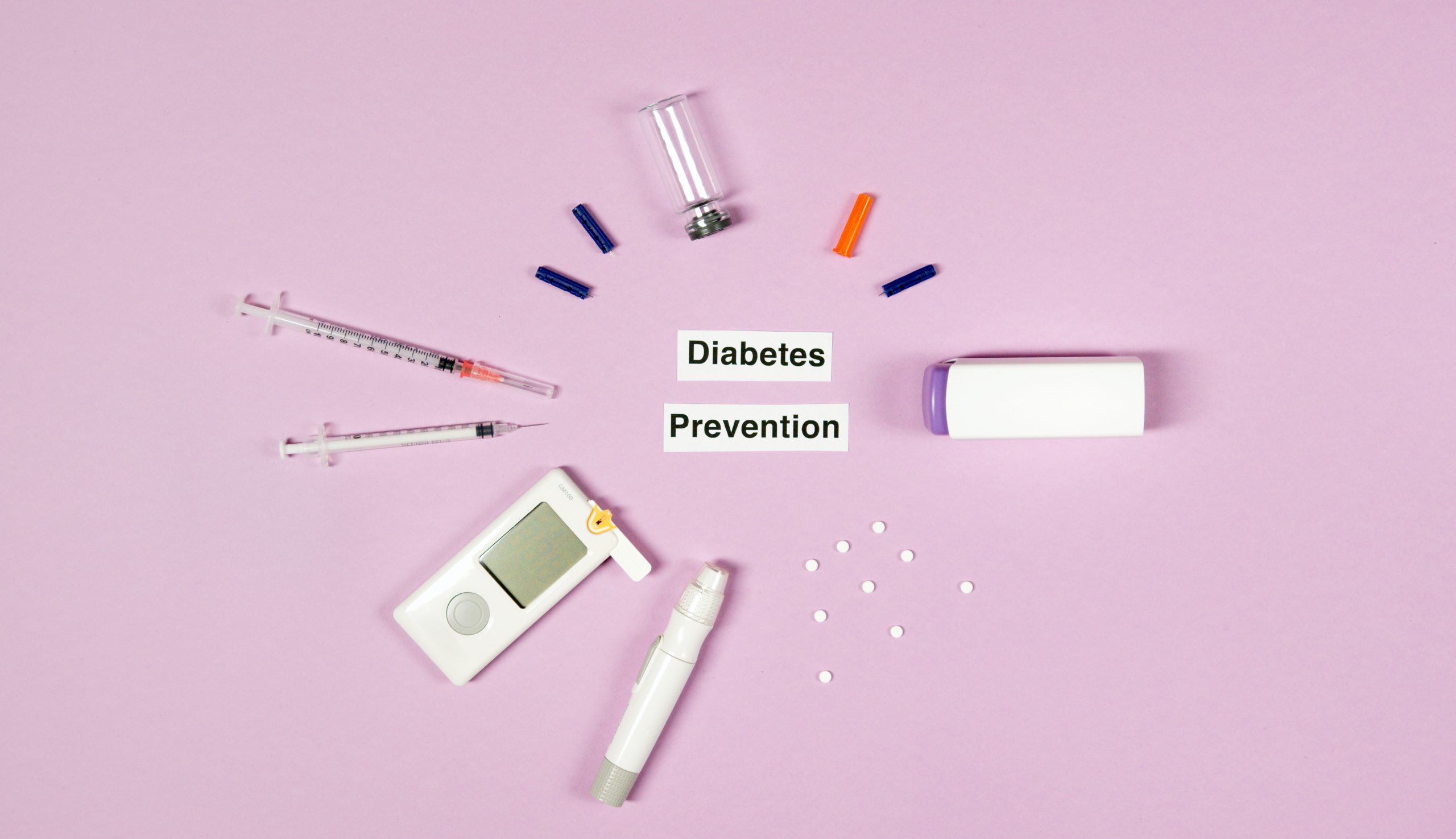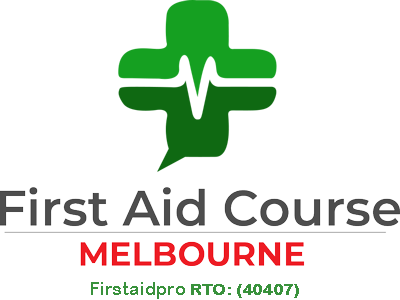While anxiety disorders continue to rise globally, it can be difficult to know how to care for someone with anxiety. If you have are unsure of how to help someone with this condition, this article serves as a guide on how you can reach out and give the support they need.
About Anxiety
Anxiety is one of the most common mental health problems. According to reports, 275 million or a whopping 4% of the global population will have at least one anxiety disorder in their lifetime.
If you know someone with anxiety, be it a friend, a loved one, or a relative, you may have tried different coping strategies in the past. You may have unintentionally told them to “just stop worrying” or “it will get better soon.”
However, dealing with anxiety is not as simple as that. Living with an anxiety disorder may cause a person to struggle with uncomfortable physical, mental, and behavioural symptoms. They may experience excessive fear, high heart rate, digestive issues, and distress in normal scenarios. It can also result in alcohol or drug abuse to cope with overwhelming thoughts, which can only make the condition worse.
It is distressing to watch others experience anxiety and panic attacks every day. The good news is that there are things you can do to help. If you suspect someone of having anxiety or panic attack, follow the ALGEE first aid action steps.
First Aid for Anxiety Attacks
-
Assess for any risk of suicide or harm
Start with identifying if the person is in crisis. If they are under extreme stress, anxiety, or are having self-injury or suicidal thoughts, attend to them immediately.
-
Listen without judgment
If the person is not in crisis, gently approach them by asking questions. Ask how they are feeling, how long they have these feelings, and what’s on their mind. If they ask why you are interested, explain that you are concerned and want to help without any judgment.
Be patient and engaged while they share sentiments. Ask clarifying questions to keep them talking. Pay attention to what they are sharing and show that you care.
-
Give reassurance and information.
Knowing they have a support system can have a huge impact on a person with anxiety. Remain kind, genuine, and persistent throughout the conversation as it helps sway them from unnecessary thoughts.
Provide reassurance and remind them that recovery is possible. Let the person know that you will be there along the way.
-
Encourage professional help
If it appears that the person needs professional assistance, offer them information to help better understand their options. There are a lot of medical professionals that can help you manage your anxiety and anxiety attacks. There is your primary care physician, psychiatrist, counsellor, and mental health professionals.
Encourage them to explore these options and keep them motivated throughout the process.
-
Encourage self-help and other support strategies.
Let them know that they can find additional support in others. This can be through peers, loved ones, group counselling, or even trusted communities. Also, encourage them to try self-help strategies such as relaxation training, meditation, or reading self-help books.
To learn more strategies for supporting people with anxiety, take Mental Health First Aid.
Mental Health First Aid
Mental health first aid is the immediate assistance you can provide to someone experiencing a mental health crisis. As a trained first aider, you can help someone regain a sense of normalcy and calmness after an anxiety or panic attack.
The Mental Health First Aid course will teach you to identify, understand, and respond to signs of poor mental health or substance use issues. To take a first aid course, email us at courses@firstaidpro.com.au or visit our website.
